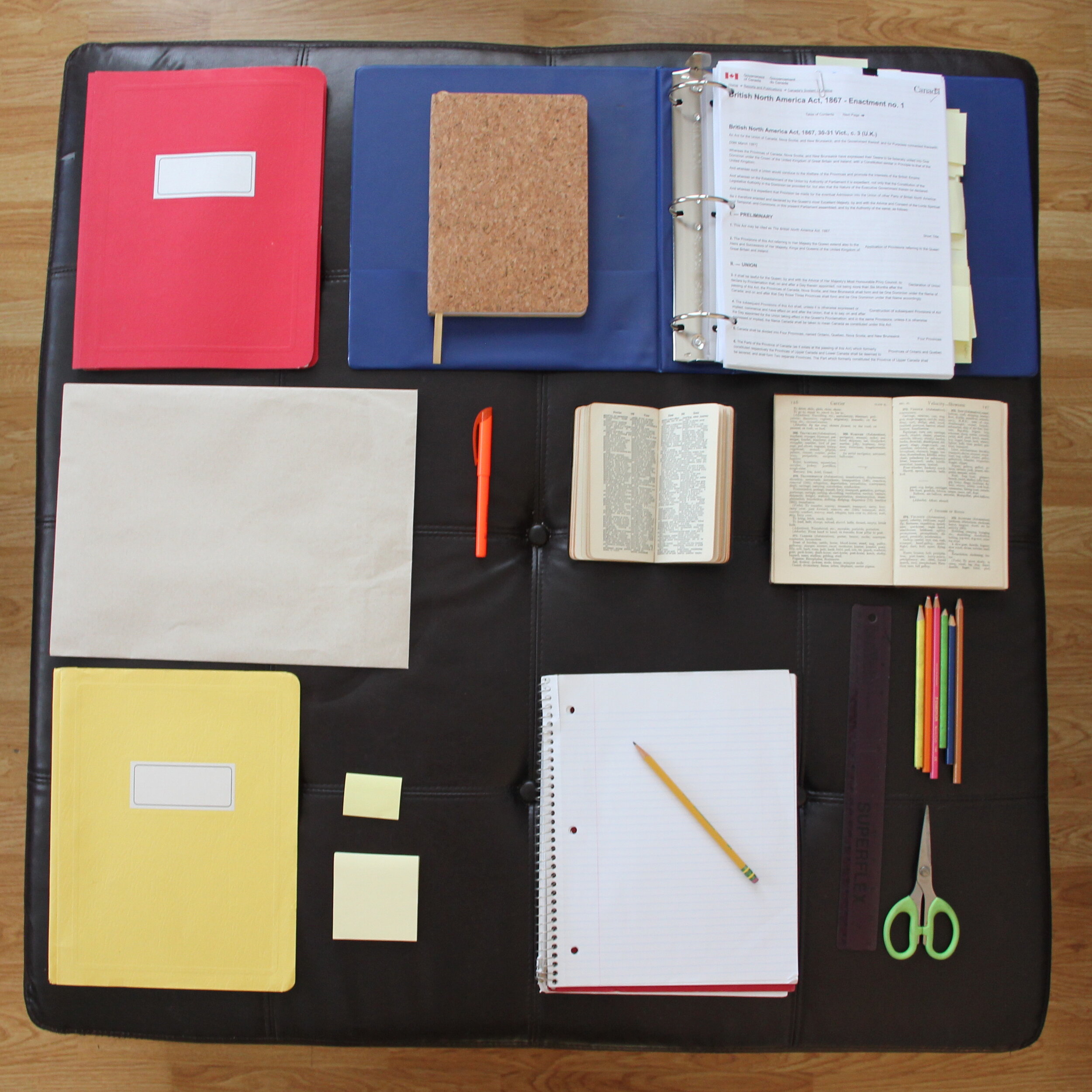By Evan J
Photo by Evan J
1. They get lost in the trends.
The human brain—i.e., the editor’s brain, i.e., my brain—is hardwired to notice differences. When reading submissions, I diligently fight this instinct and give every submission a fair read. But I am not blind to the trends in our submission pile, and I want to respect our journal’s readers, offering them an exciting variety of stories.
Unfortunately, most emerging writer submissions easily fall into three content categories: Alzheimer’s or a dead/dying loved one, heteronormative relationships, and cliché sci-fi. And while a skilled and engaging story can, of course, be concerned with this content, a story that tackles an alternative topic better catches the editors’ eye.
The same goes for first person, past tense, limited narratives. Three-quarters of the submissions I see are written in this mode, and while it is equally as valuable as other narrative modes, its overuse is tedious.
2. They write an antihero.
Writing an antihero into such a short text is difficult. Yes, literature and film are full of fascinating antiheroes, but they only work because those artistic forms—novels, drama, full-length films—provide the time needed to witness character development. Humbert Humbert or Walter White wouldn’t work in a short story.
If you introduce a character that requires more room than a short story offers, you can end up leaving that character undeveloped and unhumanized. The character will feel one-dimensional. The character won’t have the room to speak for themself, to redeem themself.
If your story needs a displeasing character, try finding them at a major life transition or at the moment of their repentance. You don’t have the time to do otherwise.
3. They dillydally.
Yes, they are prose, but short stories are not novels. They have totally different rules. The form just does not allow for the superfluous. A short story can only contain what is absolutely relevant to the story’s purpose. Unfortunately, most new writers let this extra—and boring—content stick around into the final draft.
If you want to fix this problem, try this trick. Ask yourself: Why is this story being told? Your answer to that question is the story’s purpose! Now start cutting. If it’s a first draft, try cutting half of the overall content, starting with the beginning and any backstory. Only leave what is directly connected to the purpose. I’ve done this exercise countless times with writers, and it’s always (pleasantly) shocking how the story reads the same, if not better, after the cuts.
Another trick. Recall the book and movie Twister. You, the audience, arrive at the narrative mid-crisis—mid-science experiment, mid-divorce, mid-storm—and within minutes, you are literally inside a tornado. The audience only learns about the characters from what’s revealed mid-action and onwards—and sometimes, sparingly, through digressions. What I’m saying is, it won’t hurt to think like Michael Crichton: don’t just get to your story’s purpose quickly, start at the story’s purpose.




















